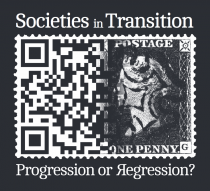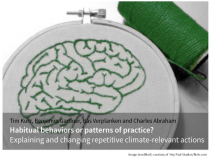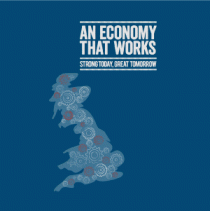- About
- Team
- Projects
- Children and the Environment
- ELiCiT (Exploring lifestyle changes in transition)
- Foundations for Sustainable Living
- HABITs
- Mapping Rebound Effects
- PASSAGE (Prosperity and Sustainability in the Green Economy)
- Policy Dialogue
- Price Responsiveness of Demand in Energy
- Resilience and Sustainable Lifestyles
- Sustainability Transitions in Food Systems
- Sustainable Living in Remote Rural Scotland
- Publications
- News
- Events
Time, gender and carbon: A study of the carbon implications of British adults' use of time
| Title | Time, gender and carbon: A study of the carbon implications of British adults' use of time |
| Publication Type | Journal Article |
| Year of Publication | 2012 |
| Authors | Druckman, A, Buck, I, Hayward, B, Jackson, T |
| Journal | Ecological Economics |
| Volume | 84 |
| Start Page | 153-163. |
| Abstract | In order to meet the UK's challenging greenhouse gas (GHG) reduction targets, behaviour change will be necessary in addition to changes in technology. Traditionally this has been approached from the angle of shifting the goods people purchase towards lower impact options. But an equally valid angle is through changing the way people use their time. This study explores the GHG emissions per unit time for different types of activities. It focuses on ‘non-work’ time, and examines how different activities, such as household chores and leisure pursuits, give rise to varying amounts of household carbon emissions. We do this first for an average British adult, and then examine how time use varies within households, and how this impacts on resulting carbon emissions. We find, for example, that leisure activities are generally associated with lower carbon emissions than non-leisure activities, and that a higher proportion of an average man's carbon footprint is due to leisure than an average woman's. In the discussion we explore the implications of our findings for the varying roles carried out within different types of household, we investigate the concept of carbon as a potential marker for social justice, and discuss the implications for work-time reduction policies. |
| URL | http://www.sciencedirect.com/science/article/pii/S0921800912003709 |













